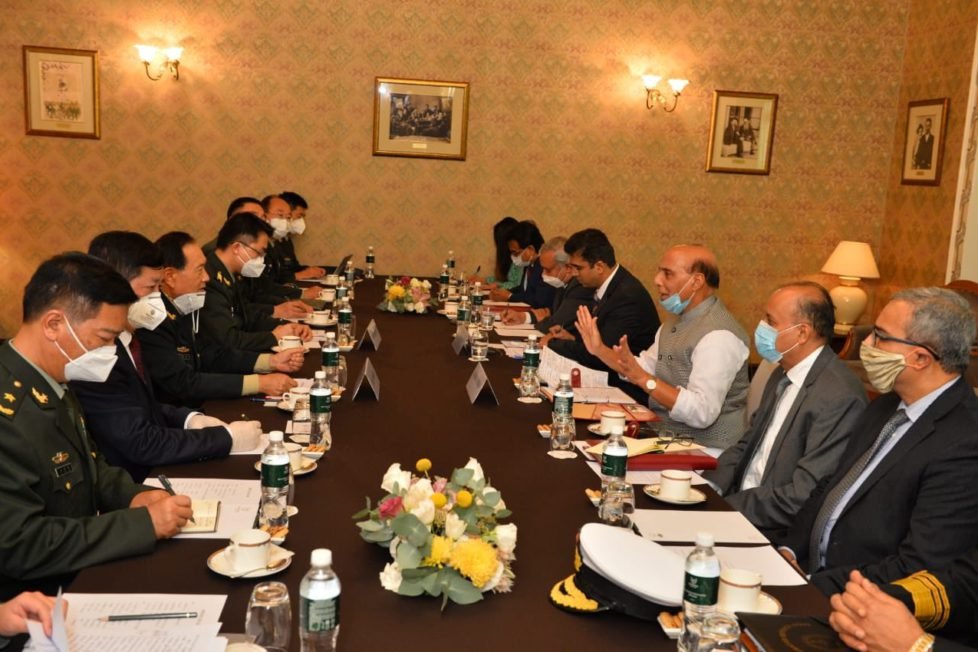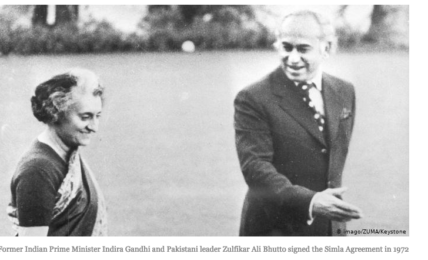India-China Bilateral Meet – And…the talks fail
The verdict is clear. India says China is to be blamed but talks of non-military options, but China clearly says India should vacate the area. In fact, it's the same language both sides used and it clearly hints that there was no breakthrough. India is ready to yield a few inches but China wants to yield none. Does this mean China is waiting for the October-December window for attacking India and extract it's pound of flesh and is just passing time till then, trying to humour Indians and lull them into a false sense of security?



